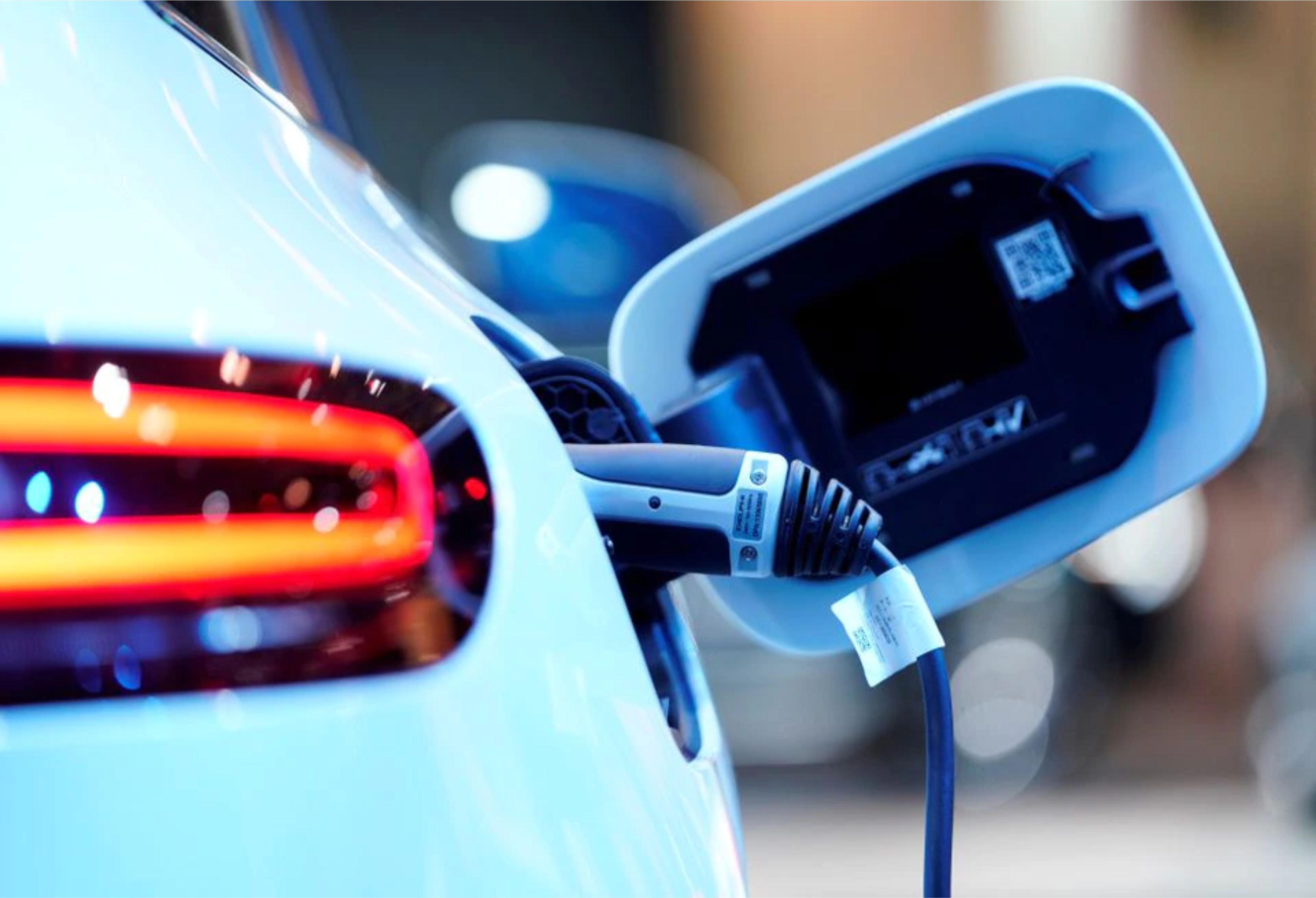BANGKOK, Feb 15 (Reuters) – Thailand’s cabinet on Tuesday approved a package of incentives including tax cuts and subsidies to promote a shift to electric vehicles (EVs) in Southeast Asia’s major auto production base, a government spokesperson said.
The package for 2022-2025 is in line with a zero emission vehicle policy plus a goal to ensure 30% of Thailand’s total auto production are EVs by 2030, Thanakorn Wangboonkongchana told a news conference.
In the last years of the package, the support will mainly be on promoting domestically produced EVs, while cancelling some benefits for imported models, Thanakorn said.
“This is to encourage operators to accelerate the production of electric vehicles in the country to meet increasing demand,” he said.
Thailand last year produced 1.7 million regular vehicles, for firms that include Toyota (7203.T), Honda (7267.T) and Mitsubishi (7211.T).
Thanakorn did not give further details on the incentives, which he said would need to be worked out with the energy ministry.
According to earlier media reports, the package will help reduce the price of each EV by between 70,000 baht ($2,165) and 150,000 baht ($4,638).
($1 = 32.34 baht)











